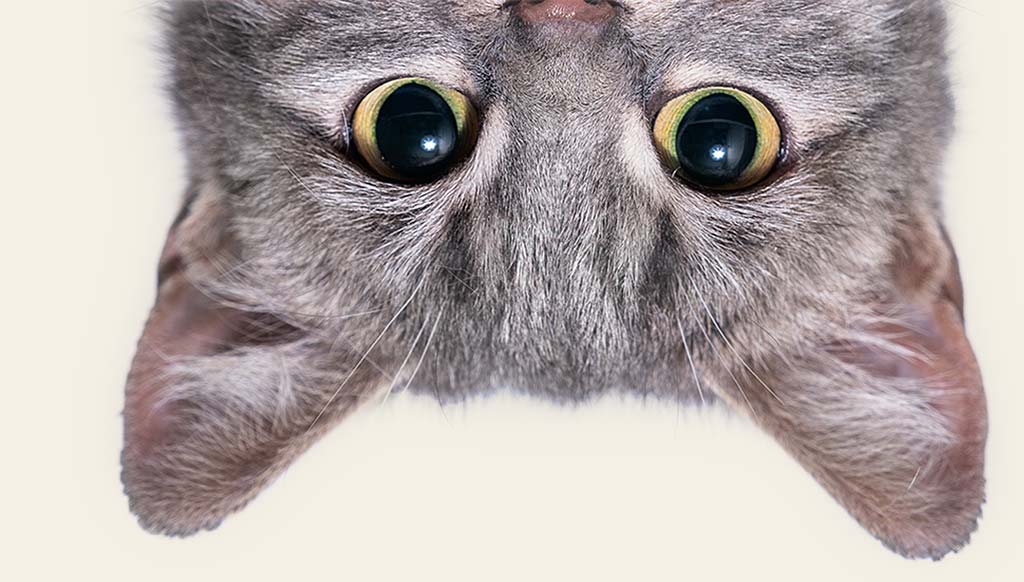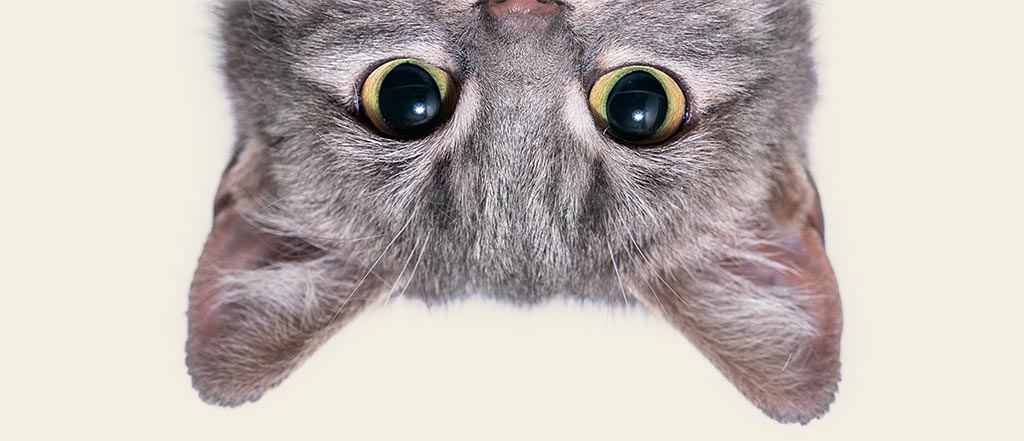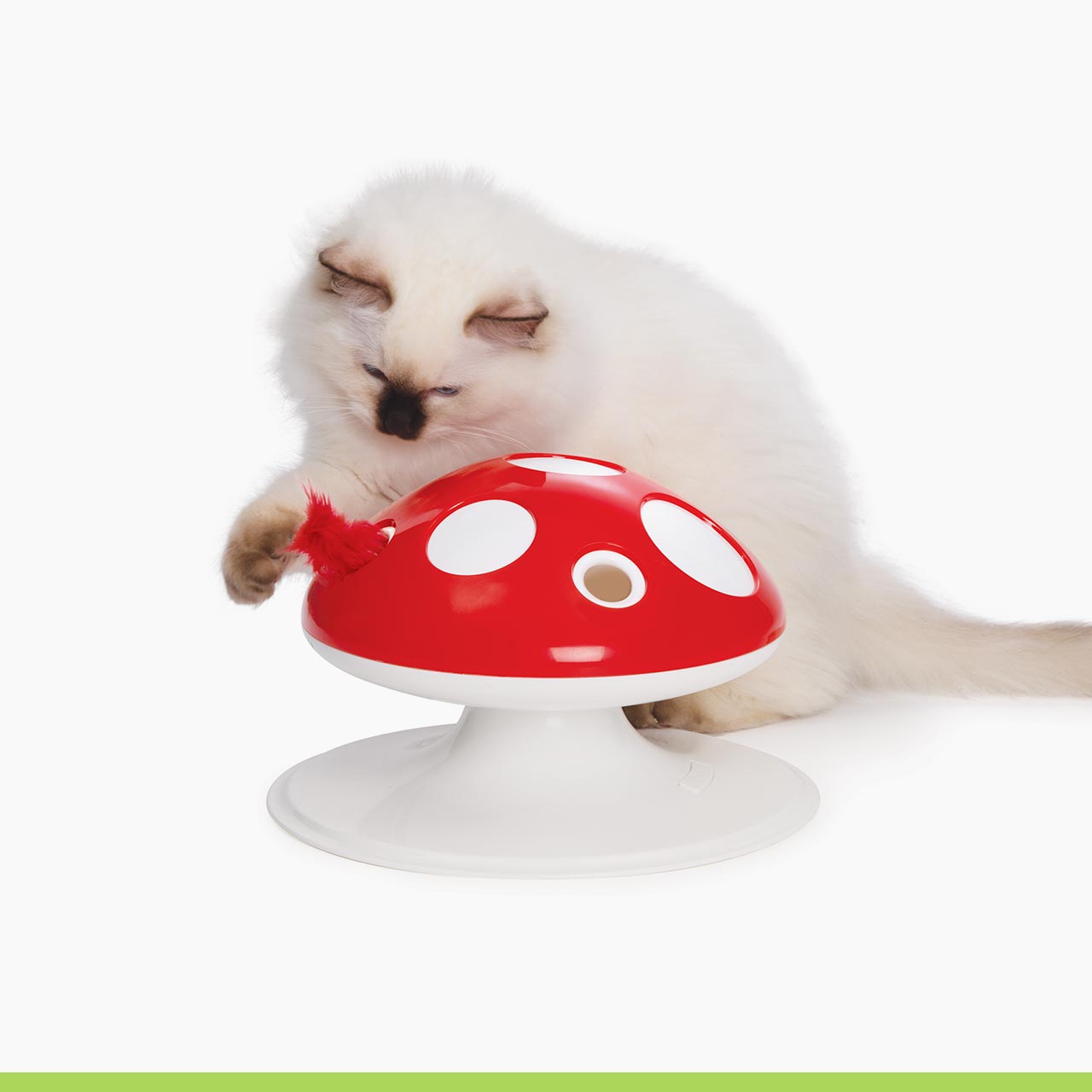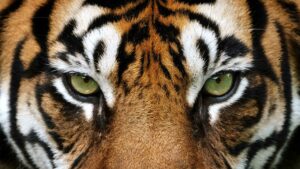In this article
- Where do jaguars get their name?
- Do jaguars have supernatural powers?
- Jaguars and leopards the same animal?
- How do a jaguar’s spots differ from those of other wild cats?
- Do black jaguars exist?
- Can jaguars roar?
- Do jaguars live in Africa?
- Can jaguars swim, and do they enjoy doing so?
- Are jaguars big compared to other big cats?
- Do jaguars live longer than the average domestic cat?
Where do jaguars get their name?
The name ‘jaguar’ is thought to come from the Tupi-Guarani word ‘yaguara’, which means ‘wild beast that overcomes its prey at a bound’. Jaguars stalk and ambush their prey, and once they leap at their target, these big cats often make an instant kill. They do so by biting their prey at the back of their head, effectively piercing the skull. This technique is different from the ones used by most wild cats, which tend to go for their prey’s neck or throat.
Do jaguars have supernatural powers?
In many ancient Central and South American cultures, the jaguar represented strength and power. To adherents of the Muisca religion, the jaguar was a sacred animal, while in Aztec culture, the image of a jaguar was used to symbolize war. The Maya even believed jaguars could facilitate communication between the living and the dead, and researchers believe they might even have kept jaguars as pets. Can you imagine?

Jaguars and leopards the same animal?
There are around 40 species of cats, and some of them can be tricky to tell apart. The ones that are confused most often are the jaguar, the leopard, and the cheetah. Read our dedicated blog post to learn how to tell the difference between them.
How do a jaguar’s spots differ from those of other wild cats?
One of the features that set jaguars apart from other big cats is their spotty spots. Jaguars have a pale yellow to tan coat, with black spots on their paws, legs and head. However, on most of their body, jaguars sport rosettes that each have one or more spots inside them. Other wild cats lack these spots inside the rosettes on their fur, which makes the jaguar all the more special.
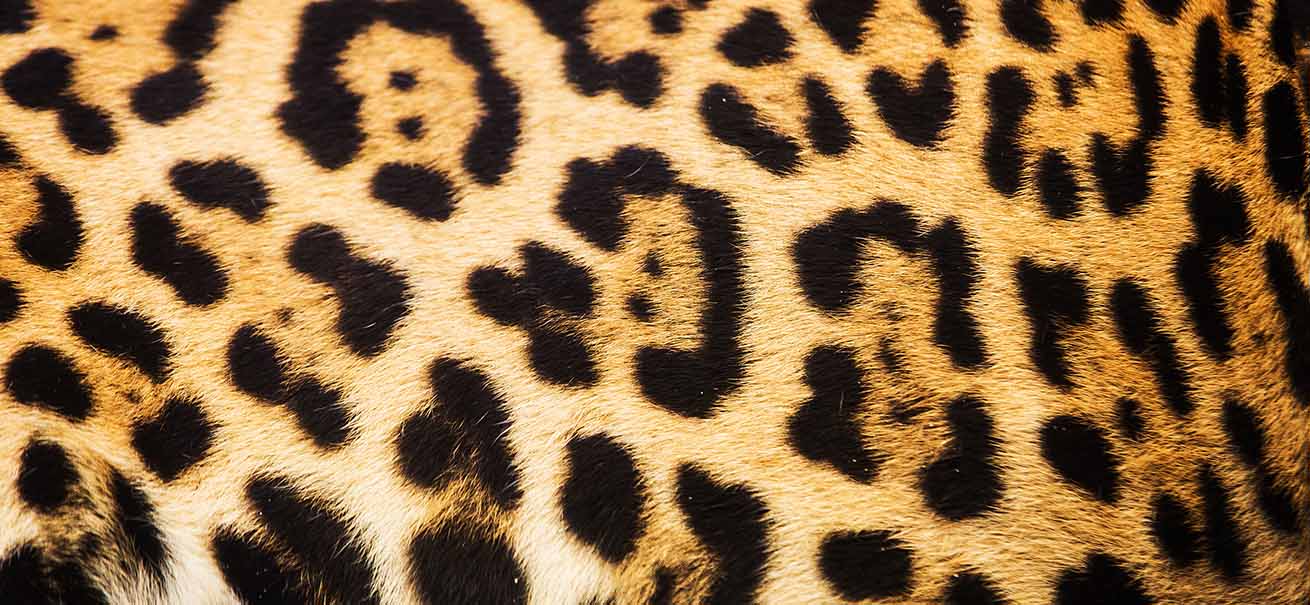
Do black jaguars exist?
While all jaguars do feature rosettes on their gorgeous fur, not all jaguars are a yellow color. Due to a gene mutation called melanism, somewhere between 6-11% of all jaguars have a black coat, decorated with dark rosettes that can sometimes be hard to spot. Even though black jaguars are sometimes referred to as black panthers, they are not a different species. In fact, the term ‘black panther’ refers to all big cats suffering from melanism.
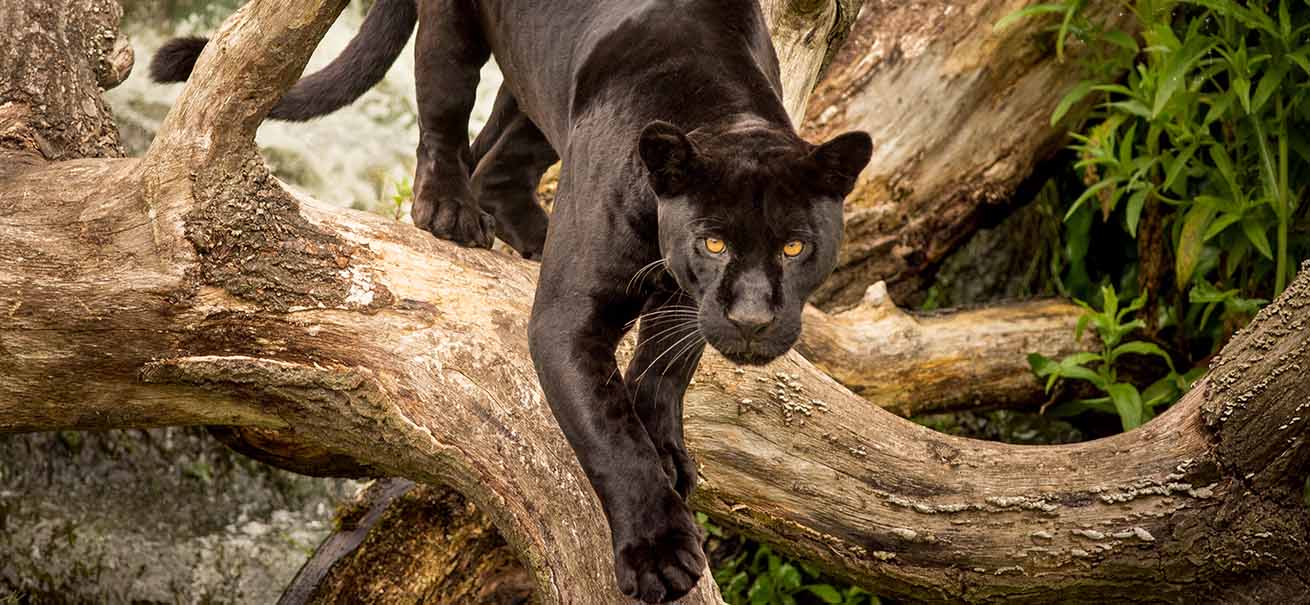
Can jaguars roar?
Just like lions and tigers, jaguars can roar, though they sound very different from their cousins. The sound jaguars make is called ‘sawing’, as they sound like a wooden log being cut, with the saw moving in one direction only. Just look up an audio fragment of a jaguar roaring, and you’ll know exactly what we mean.

Do jaguars live in Africa?
Despite what many people think, jaguars are not native to the African continent, nor do they live in the savannah. In fact, these mighty cats can only be found in the wild in Central and South America where they usually inhabit dense forests with a high humidity. Unfortunately, habitat loss is a major issue for our spotted friends. Illegal mining, deforestation, habitat fragmentation and poaching all have a great effect on the jaguar population, which is why they are now listed as near threatened on the IUCN Red List.
Never miss an issue of the FREE My Cat Exclusive digital magazine!
Can jaguars swim, and do they enjoy doing so?
While most housecats detest water, jaguars don’t mind getting their fur wet at all. These big cats don’t just enjoy splashing around for fun: they enter the water to actively hunt prey such as turtles and even caimans! Jaguars aren’t exactly picky when it comes to their food either. Anything that crosses their path could end up as their next snack, ranging from animals as small as a fish, to a full-sized tapir. This is pretty impressive since jaguars live and hunt alone.
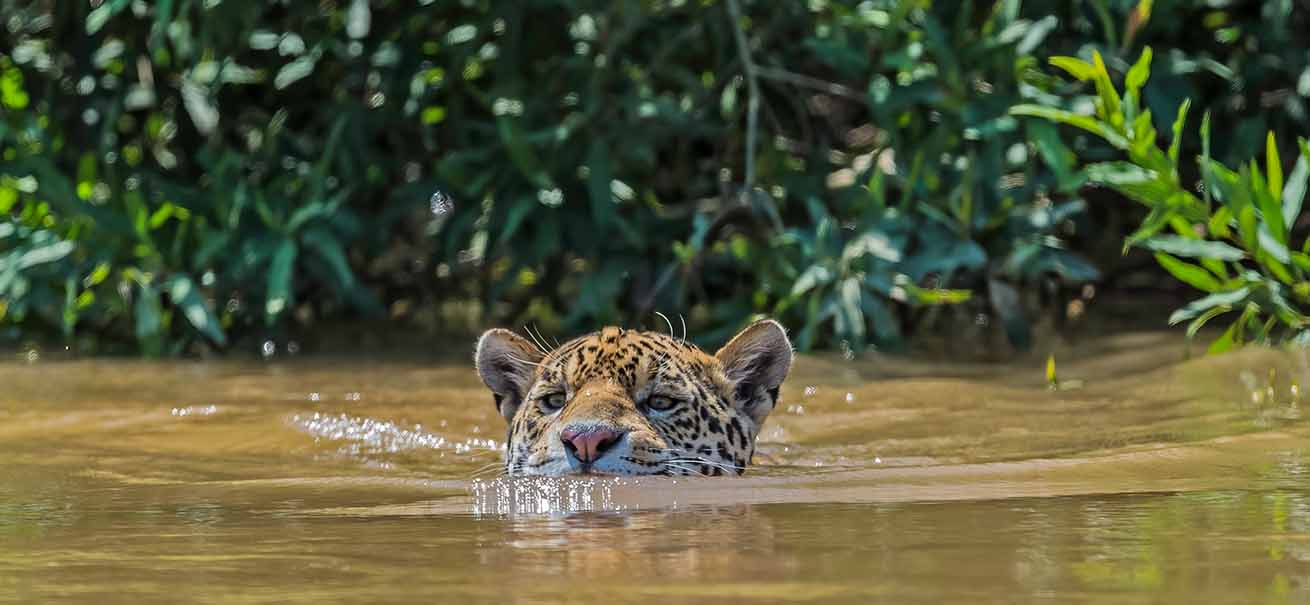
Are jaguars big compared to other big cats?
Compared to many other big cats, Jaguars have a stocky build. They have relatively short legs, a broad head, and a bulky body. Did you know that the jaguar is the 3rd biggest cat in the world by weight? An adult male can weigh up to 348 lbs (158 kg)!
Do jaguars live longer than the average domestic cat?
In the past 40 years, the average lifespan of domestic cats increased tremendously. In 1980, the average house cat would pass way at the age of 7, while by 2021 this had increased to 15 years of age. Just like pet cats, jaguars live for 12-15 years on average, though they can get much older when kept in captivity. The oldest jaguar to record passed away at the age of 28.

